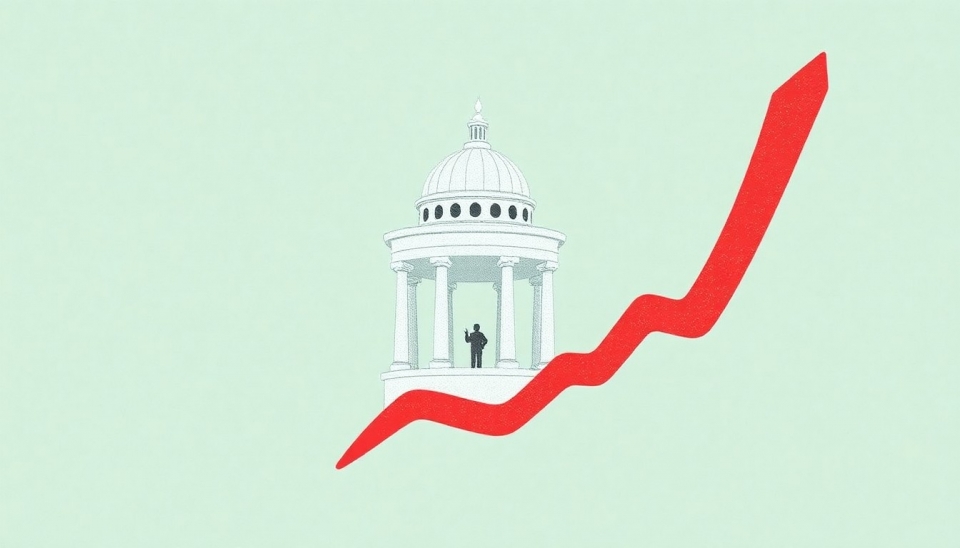Record High Credit Card Debt in Canada: Implications and Causes

According to Equifax, credit card debt in Canada has reached its highest level since 2007, raising concerns among experts and economists. Studies show that Canadians currently owe over 103 billion Canadian dollars on credit cards, which is a 9% increase compared to the same period last year. This also means that the average debt per person has risen to more than 4,800 Canadian dollars.
The increase in debt is attributed to several factors, according to analysts. First, the rising cost of living and inflation have made it more difficult for households to meet their financial commitments without relying on credit. People have been forced to use credit cards to cover daily expenses such as food, transportation, and utilities.
Secondly, amid economic uncertainty, many Canadians continue to accumulate debt, which places additional strain on their finances. In addition, rising interest rates are also affecting increasing monthly payments, making it harder to pay off debts.
According to Equifax, many Canadians are beginning to feel financial stress: around 40% of respondents in a survey say that their monthly credit card payments have become unmanageable. This has led some households to consider seeking assistance from financial advisors or credit agencies.
Experts warn that if this situation continues, it could lead to a financial crisis that negatively impacts the country’s overall economy. In light of current trends, Canadian authorities and citizens should pay attention to their financial habits and look for ways to reduce debt burdens.
#debt #credit #cards #Canada #obligations #Equifax #economy #financing




